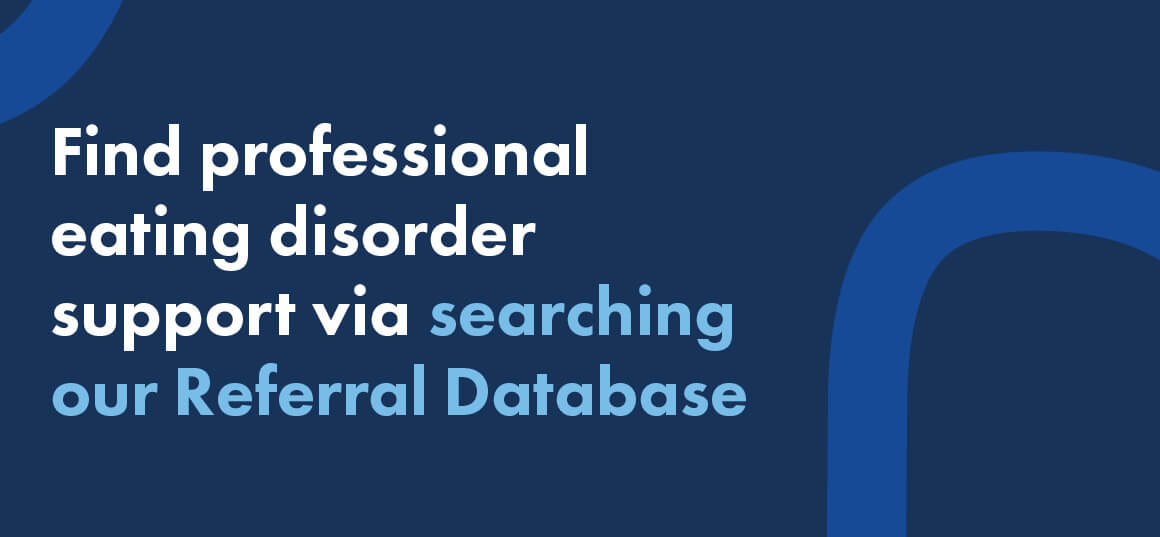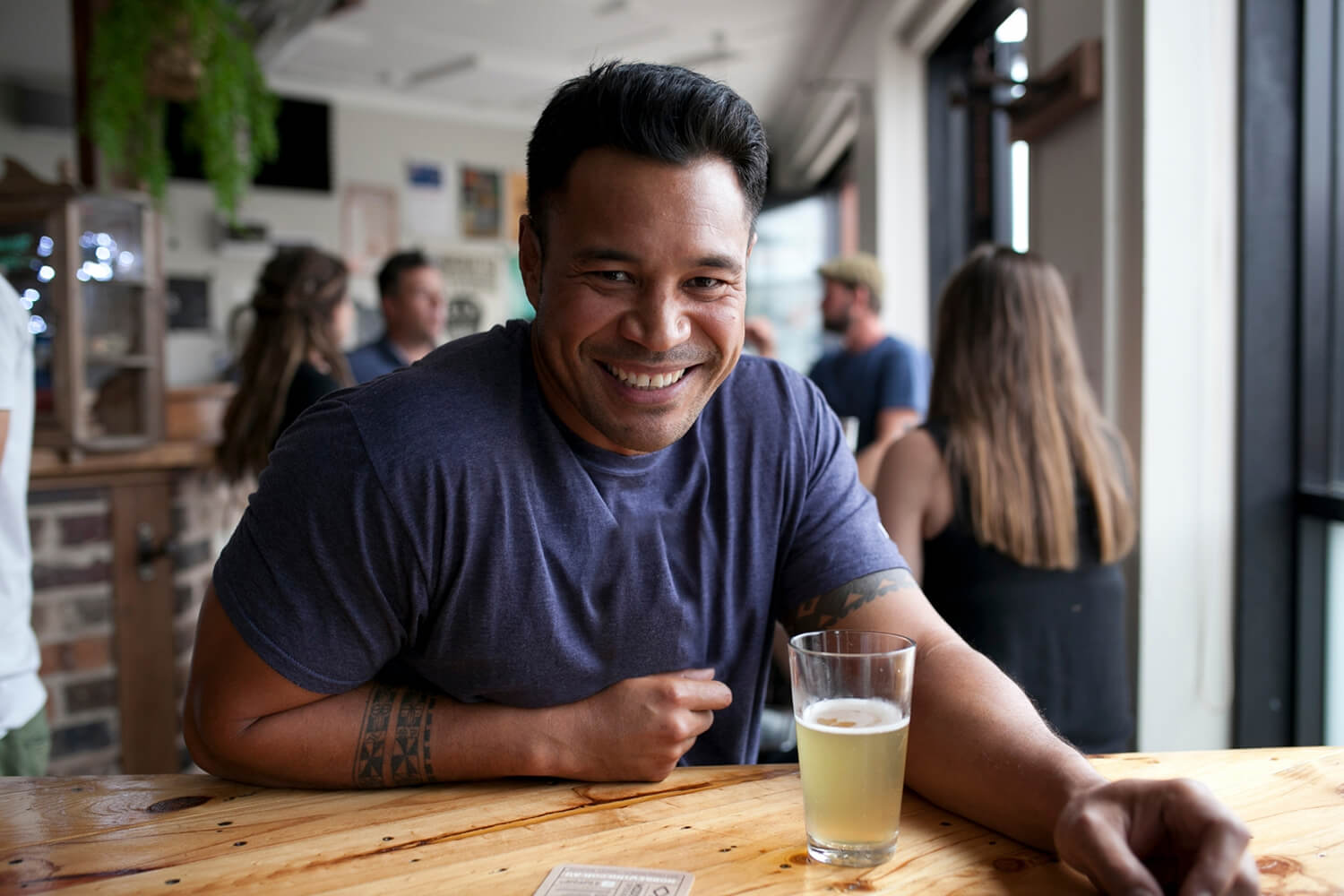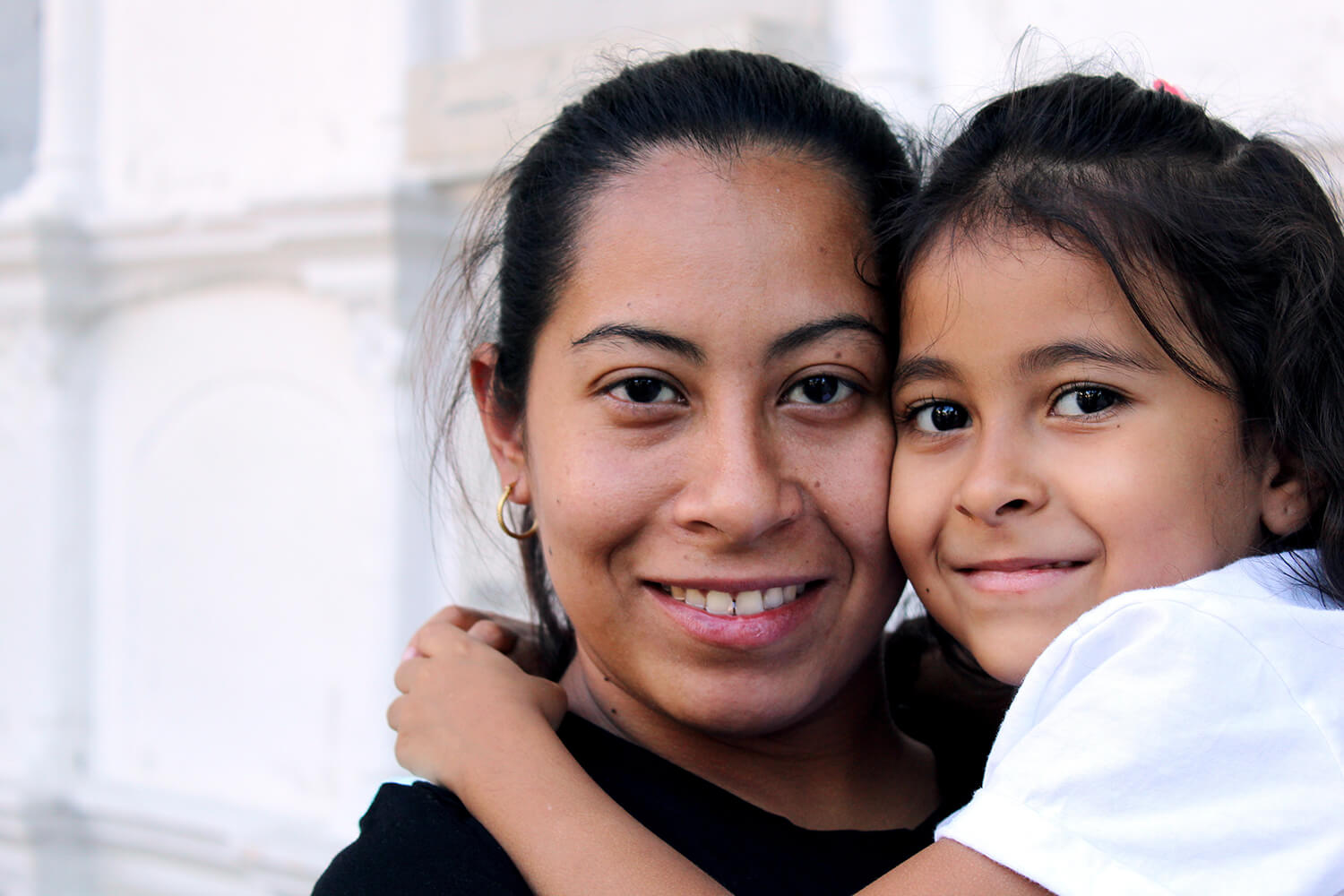Jane’s Experience of Weight Stigma
I am a person living in a larger body, and it’s one of the least interesting things about me.
I am a partner, a friend, a little sister, a proud dog mum, an advocate, an alumnus of one of the best universities in the world, a great employee, a home chef, a sports lover, and an eating disorder survivor.
Yet living in a larger body shapes my experience of the world more than most of these things combined.
People living in larger bodies face stigma and discrimination across a number of facets of life. This ranges from more ‘minor’ issues, like limited access to clothes for our bodies (let alone ones that feel great to wear), to harassment and judgement in person and online, employment discrimination, all the way through to life-threatening medical discrimination.
I live with this every day. I feel invisible and yet all too visible in public spaces. Family members and strangers alike feel like they can comment negatively on my appearance. People do a long, slow appraisal of the groceries I have collected in the supermarket as I walk past. I struggled to get a broken ankle diagnosed because the doctor suggested my (sudden and excruciating) pain was probably related to my weight. I think back to job interviews where I was charismatic and qualified and wonder if I was rejected because the person had made a decision about me before I ever got to speak.
But why? Weight says almost nothing about a person and has no moral quality. An individual’s weight is impacted by a number of factors, many of which are difficult for the individual to control or even influence. These can include genetics, medical conditions, mental health, history of trauma, socio-economic status, income, ethnicity, and sleep duration and quality.
For a long time, the way society treats people in larger bodies was a voice inside my head. I knew I didn’t look like the societal ideal, and I felt that doing anything was worth it to change that. I developed an eating disorder, ‘Atypical Anorexia,’ which is anorexia where you do not meet the low-weight criteria. I lost more than 10 years of my life to sickness, mental ill-health, and self-hatred.
One day I impulsively asked my doctor “out of curiosity, is there treatment available through Medicare for eating disorders?” I was incredibly sick, and I know now that my long and short term health were in serious danger. Her response may have saved my life: “yes, we can get you treatment for your eating disorder.”
Still, the treatment I received was different, and less adequate, than it might have been for someone in a different body. I had to fight for my treatment and recovery through barriers that I shouldn’t have had to face.
I was constantly required to justify that I did have an eating disorder and it did need treatment. I found I was ineligible to participate in some programs, because my weight was too high, and was discouraged from applying to others. When I did receive treatment I found I regularly had to correct assumptions about my illness, but also my intelligence, lifestyle, and self. I found myself being forced to assert something that I did not yet believe: that my body and I deserve to be here.
Weight stigma made my eating disorder recovery longer, slower, harder, and more painful. It was the opposite of what I needed, and it was not okay. I deserve to be here.
It has made one thing very clear: I am exceptionally resilient. If you have faced this, you are exceptionally resilient.
I would like the world to change. I want a world where existing without shame is not a radical act, but for now it is. Right now I am influencing that change by choosing to live a great life in the body I have. For me that means:
- Building a healthy relationship with my body. I work with my body as a team-mate and treat it with respect, even in moments when I don’t love it.
- Remembering I am a customer. I take my money elsewhere when I am treated poorly, and go back when I am treated well.
- Advocating for myself in my medical care. I do my own research and refuse diagnosis and treatments that feel wrong.
- Being part of a community. I connect with people who are similar (and different) to me to learn and teach, and build understanding, respect, and kindness.
- Existing without apology. I exist every day, in public, and I will not try to make myself invisible or act ashamed.
Written by Jane Sullivan for Weight Stigma Awareness Week (28 Sept – 5 Oct)




















